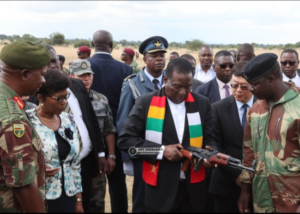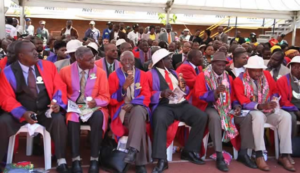ZIMBABWE’S DESCENT INTO CHAOS: POLICE TRAINED FOR ELECTION RIOTS IN A TROUBLED NATION
Zimbabwe, often criticized for its political and economic turmoil, is now witnessing another controversial development. Amidst rampant inflation, poverty, and declining public services, the country’s police force, already under scrutiny for its partisan and politicized nature, is being trained to manage potential election riots. This preemptive move raises questions about the government’s anticipation of civil unrest and the state of democracy in Zimbabwe.
The notion of election riots in a country known for its oppressed and terrorized populace seems paradoxical. The people of Zimbabwe have long suffered under a regime that neglects their welfare and basic rights, including access to healthcare, clean water, and education. The irony lies in the fact that the same impoverished and inflation-stricken police force, known for its incompetence, is now tasked with quelling riots in an environment where election outcomes are often met with skepticism and fear of reprisal.
Furthermore, the establishment of internal committees to investigate so-called poll-based crimes does little to inspire confidence, considering the history of unpunished electoral offenses allegedly committed by the ruling party. This move by the police force appears to be another step in a long-standing pattern of governance in Zimbabwe, where the rule of law and democratic processes are frequently undermined.
In summary, these developments in Zimbabwe paint a concerning picture of a nation grappling with deep-rooted political and social challenges. The training of police for election riots, far from being a proactive measure for peacekeeping, reflects the underlying issues of a government struggling to maintain control in a climate of growing discontent and instability. The future of Zimbabwe’s democracy and the well-being of its citizens remain uncertain in the face of these ongoing struggles.



